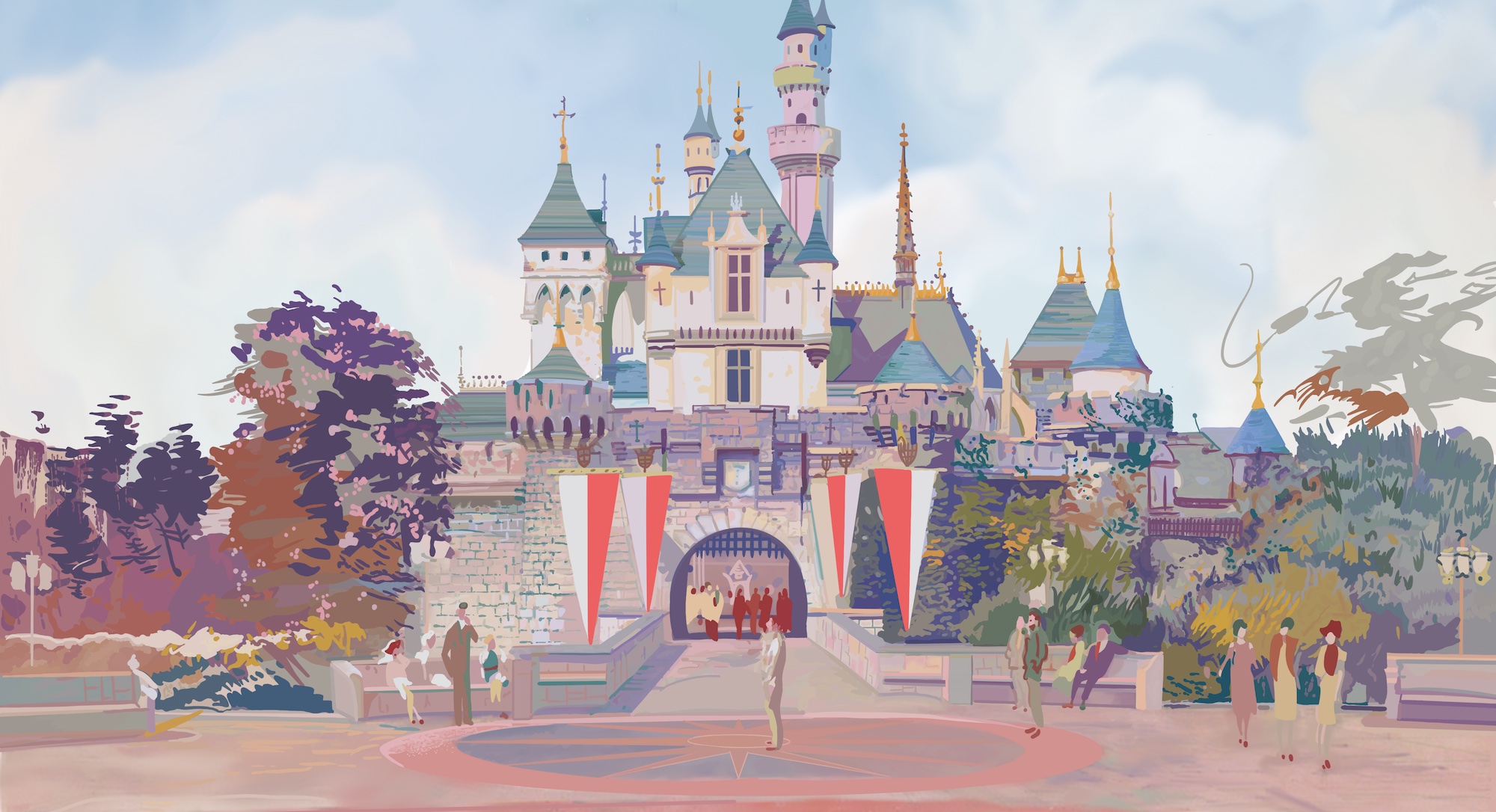2. Max World
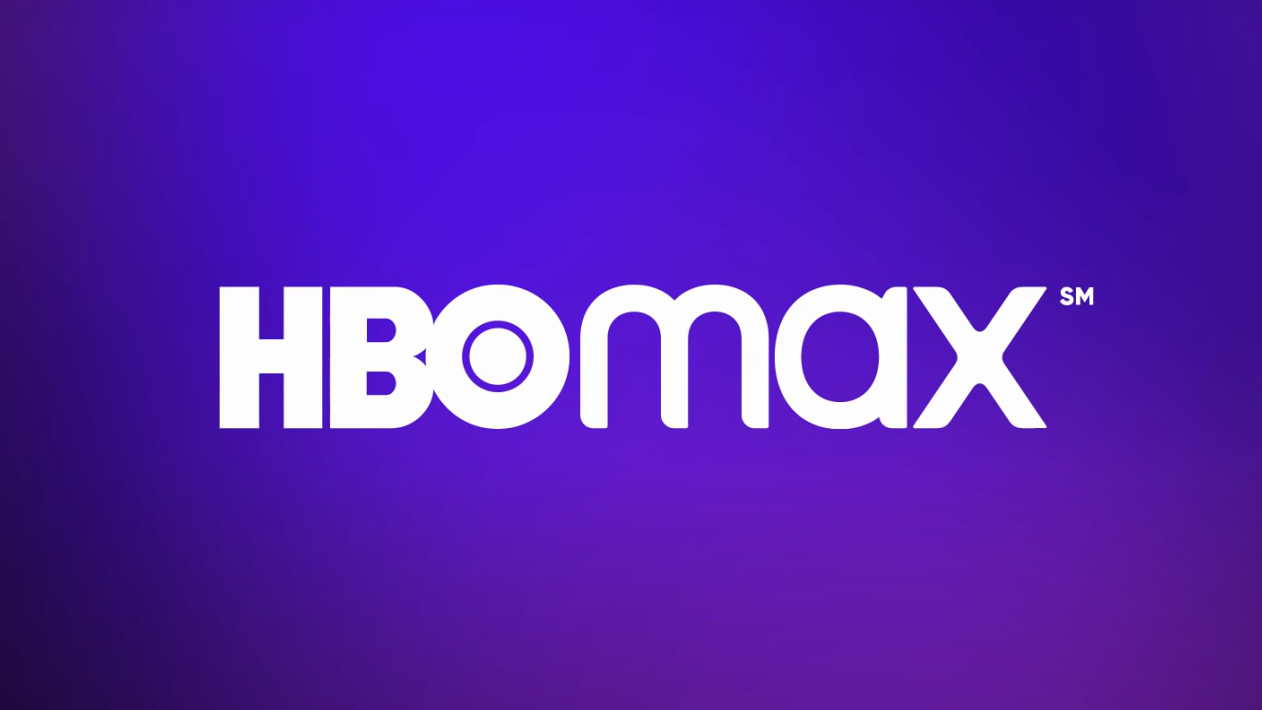
The Streaming Story
HBO has been around since the ’70s, when the novel idea of a pay TV cable channel made HBO (Home Box Office) the place to catch sports specials and films at home. HBO was purchased by Time Warner in 1989 (just about when Time Warner also began taking an interest in Six Flags) and promptly rolled into their cable packages as a premium add-on.
Still, HBO only really garnered widespread critical success with the three year run of prestige television that became appointment viewing: 1997’s Oz, 1998’s Sex and the City, and 1999’s The Sopranos – all of which exemplified what cable networks could do without the censorship of network TV. That string of hits continued into the 2000s with The Wire, Six Feet Under, True Blood, and then of course, Game of Thrones.
In what turned out to be a colossally unwise move, telecommunications giant AT&T purchased Time Warner in 2017 for an incomprehensible $109 billion (more than the price Disney paid for The Muppets, Pixar, Marvel, Lucasfilm, and 20th Century Fox combined). AT&T’s attempt to enter the IP Wars was clearly an answer to fellow telecom behemoth Comcast having purchased NBCUniversal in 2011. But AT&T’s outing with WarnerMedia mostly served only to straddle the company in unimaginable debt.
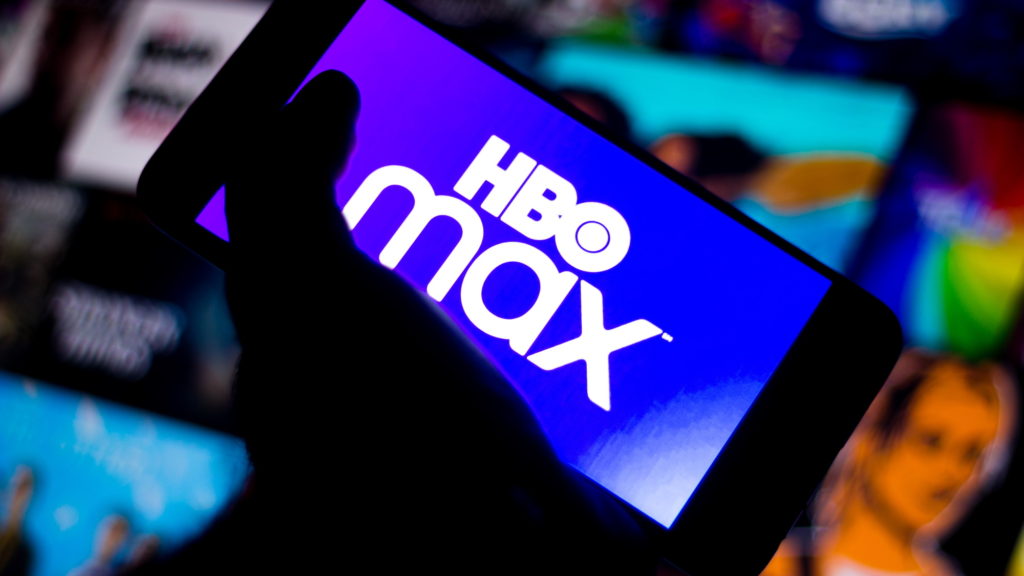
Still, AT&T’s WarnerMedia announced their own streaming service – HBO Max – in 2018. Despite Warner’s streaming service borrowing the branding of its pay TV channel, HBO Max launched in May 2020 with content from across the WarnerMedia portfolio – Warner Bros., HBO, DC Films, Cartoon Network, Adult Swim, Looney Tunes, Hanna-Barbera, and more. Priced equivalent to adding HBO to a cable subscription ($15 / month), HBO Max was among the most costly streamers… but on-demand access to HBO’s prestige catalogue plus the rest of WarnerMedia’s was clearly a premium product.
Then things got weird. In 2021, AT&T spun off WarnerMedia entirely (selling the company for $43 billion – a $66 billion loss versus the price they paid for it four years earlier). WarnerMedia landed in the hands of Discovery, Inc., a mass media company specializing in “factual and lifestyle television.” Longtime owners of Discovery Channel, Animal Planet, and TLC, Discovery had been on a multi-year acquisition streak (having acquired Food Network, Travel Channel, and HGTV in 2018), so the purchase of WarnerMedia supercharged the company’s media reach and brands.
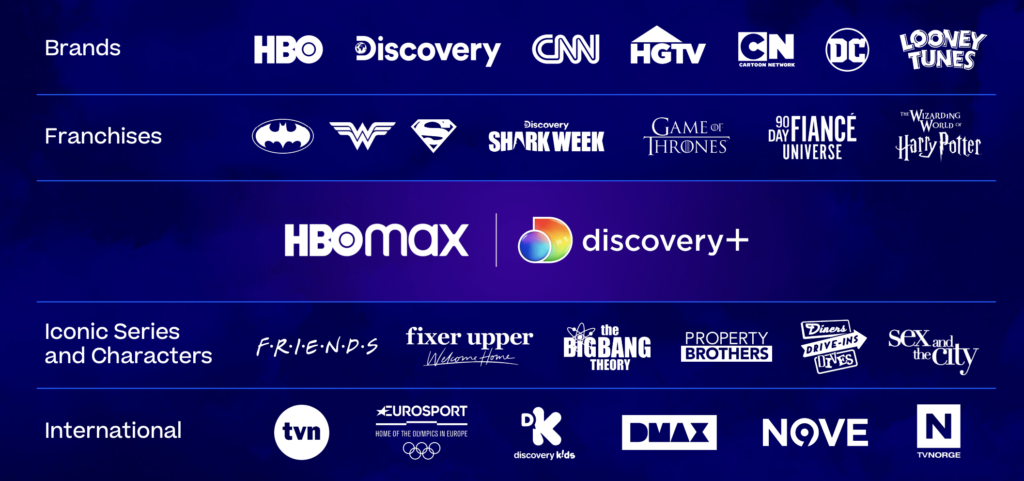
The new late-stage-capitalism conglomerate – “Warner Bros. Discovery” – now wields the power of Warner Bros., HBO, U.S. Networks, CNN, and Turner Sports. (Yielding the hilariously odd graphic above, in which the new company lists “Batman,” “Harry Potter,” “Game of Thrones” and the “90 Day Fiancé Universe” as their premier franchises.) Of course, it also oversees two streaming services – HBO Max and Discovery+.
Media insiders long suggested that the answer was simple: eventually, the newly-merged company would discontinue the Discovery+ streamer (populated by low cost “lifestyle” shows from TLC, Animal Planet, HGTV, etc.) and roll them over to HBO Max, perhaps making “Discovery” a channel on the streamer’s landing page like “Marvel” or “National Geographic” is on Disney+. But then things got weird…
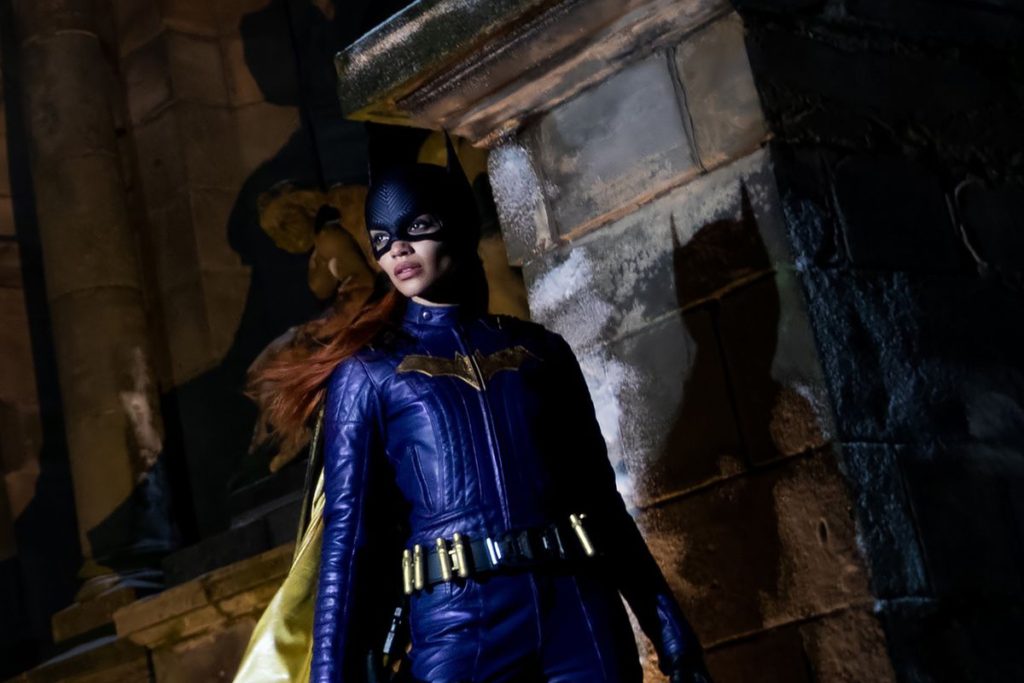
In Summer 2022, fans began to notice that animated titles were disappearing off of HBO Max. Then, some “Max Originals” followed. Given that continuous content generation is the bedrock of streaming, the removal of wholly-owned “originals” was odd enough. Then, fans noticed that any mention of the affected shows had been scrubbed from any of Warner’s social media; physical releases torn from retailers… Creators took to social media in confusion and hurt, finding that shows they’d worked for years on were simply gone, with any and all evidence of their existence shredded.
In August 2022, Warner Bros. Discovery announced that two films – DC’s Batgirl and Hanna-Barbera’s Scoob! Holiday Haunt – would never be released, despite being nearly finished. The Internet reacted with fury at the idea as the films’ cast and crew were left shellshocked. The very odd move became a mainstream media spectacle, with even local news stations carrying the story, and calls to fire Zaslav made the rounds online.
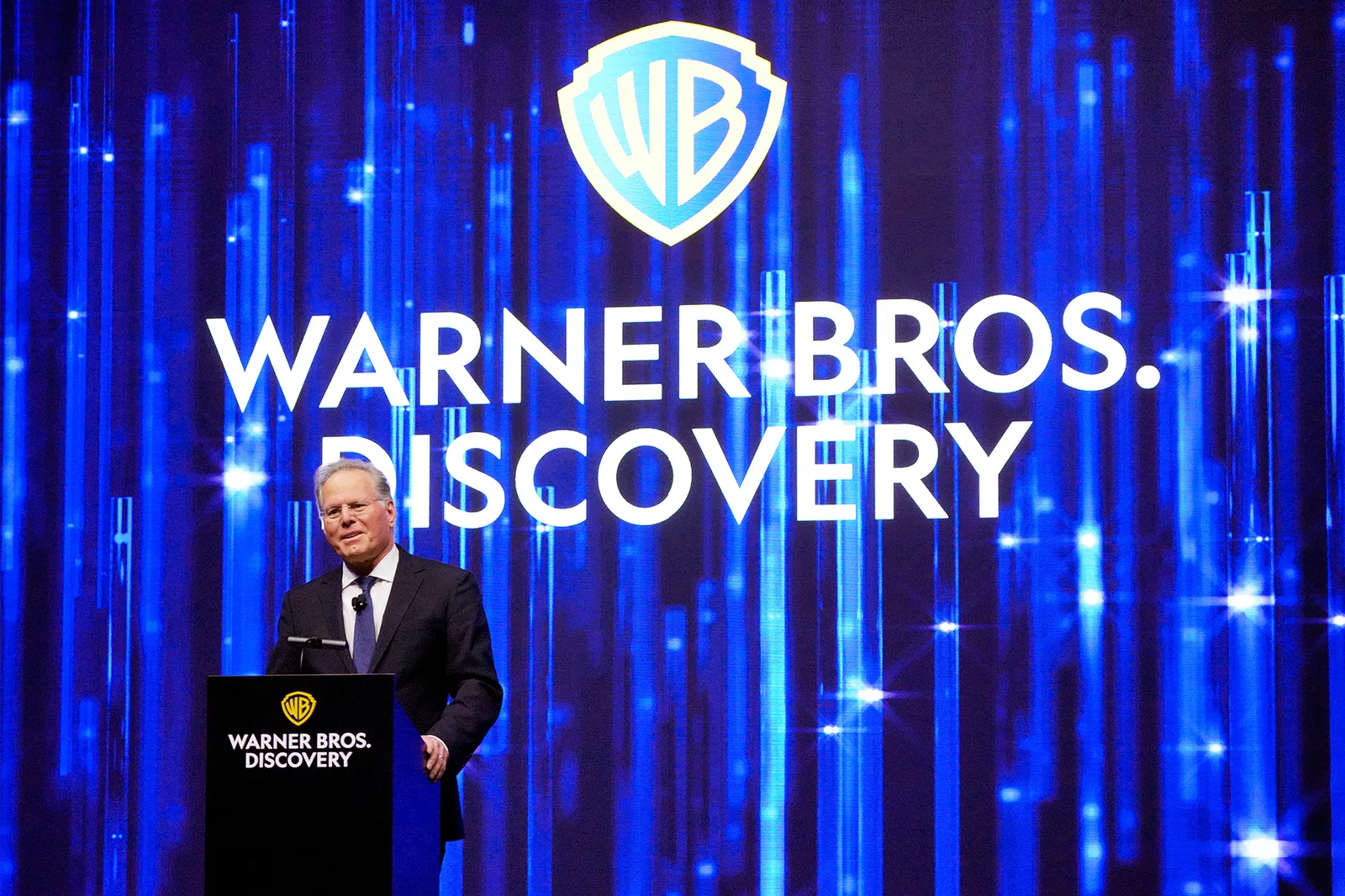
More than likely, Zaslav’s oversight of the slimming down of HBO Max is twofold. For one, the new Warner Bros. Discovery is straddled with debt from its merger, and Zaslav much prefers Discovery’s business model (low-cost, high-return “lifestyle,” reality, and home improvement shows) over Warner Bros. (high-cost prestige television, animation, and films). For another, a legal maneuver apparently allows the newly-formed company a brief window in which it can “write off” past projects, declaring them losses for tax credits… but only if the written-off projects are never, ever monetized (hence their vaporization).
And whether or not any of it will save Zaslav the $3 billion the company allegedly wanted to recoup, we’ll never know… but it sure has guaranteed that no director, producer, animator, or actor wants to get anywhere near Warner Bros. Discovery. Oops!
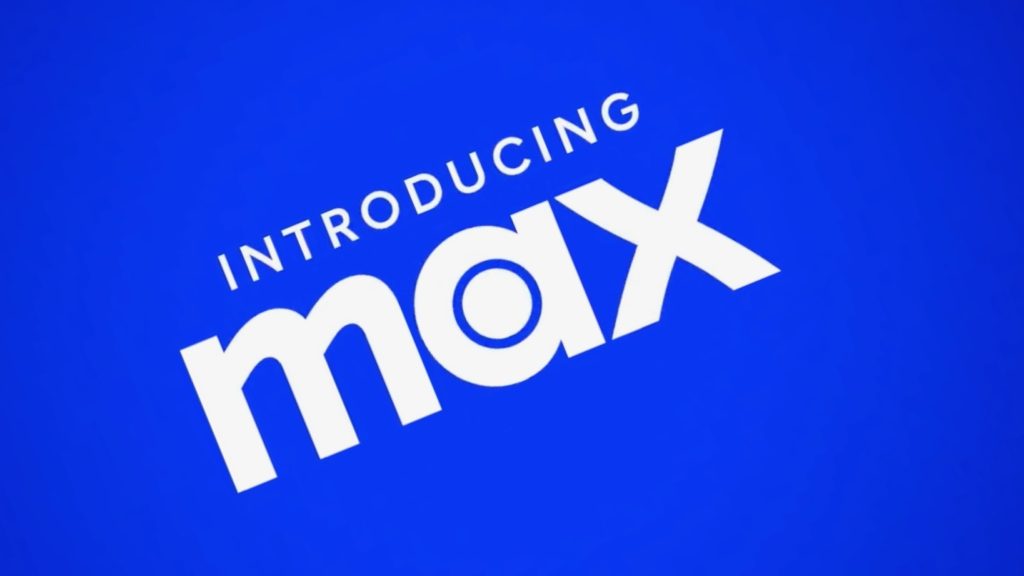
In the meantime, we finally got our answer to the multiple service conundrum when, in May 2023, HBO Max officially became… Max. Swapping purple for blue (and eschewing common sense around search engine optimization with its meaningless, brand-less name), “Max” is meant to untether the streamer from the prestige, limited-catalogue, adult-oriented association of HBO. The hope, it seems, is that “Max” will better communicate the broad swath of WarnerMedia properties on the services – not just HBO, remember, but Cartoon Network, DC Studios, Game of Thrones, Harry Potter, and now Discovery schlock, too. (Discovery+ will continue as a standalone, low-cost streamer as well.)
The good news is, between them, Warner Bros. and HBO actually do hold some of the strongest and most enduring franchises out there, as evidenced by the strength of the theme park they could build…
What Would Be In Max World?
Imagining what a Warner Bros. theme park could be like isn’t tough. That’s mostly because, in the ’90s, Warner Bros. really was giving Disney a run for its money in terms of public outreach. Millennials still mourn the loss of Warner Bros. Studio Stores at their local malls, and the integration of Warner Bros. with Six Flags is a definitive experience for generations who grew up with Looney Tunes-themed kids areas and “label-slapped” DC Heroes roller coasters.
Three overt Warner Bros. Movie World theme parks have also operated – under different contracts, licenses, and ownerships – in Germany, Spain, and Australia (though the former has dropped its license and is now called Movie Park Germany). Then, in 2018, the spectacular Warner Bros. World Abu Dhabi opened, with wonderfully themed lands dedicated to Batman, Superman, Looney Tunes, and The Flintstones, which sets a high standard for these characters’ use in theme parks going forward.
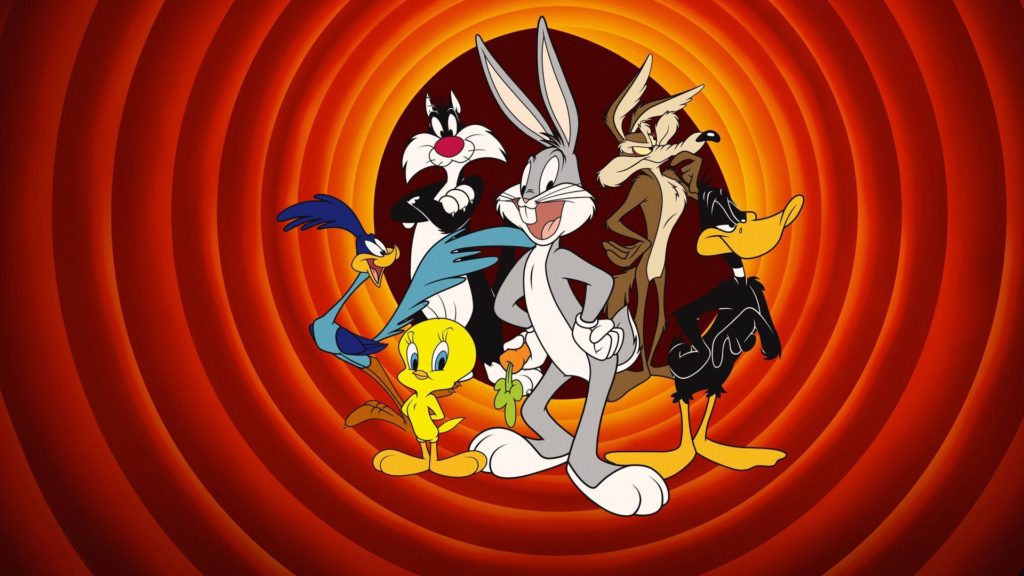
So if our HBO World will be a park dedicated to the properties on HBO Max (and thus, the Warner Bros. catalogue), we ought to start with the LOONEY TUNES. The Looney Tunes really are the sort of historic anchor of Warner Bros., just as Disney would be nothing without Mickey and Friends. Bugs Bunny is the company’s de facto mascot, and including the Looney Tunes in a Warner Bros. / HBO theme park is just obvious.
Granted, the Looney Tunes had a big cultural comeback in the ’90s, and Warner’s Space Jam: A New Legacy was a step in recreating that wave again… but Bugs and company certainly haven’t got the gravitas they once did, and Warner’s apparent disinterest in animation going forward isn’t going to help. But still, you can’t have an HBO World without
Likewise, we have the DC UNIVERSE. The current state of DC is an unusual thing. For most of the 20th century, Superman, Batman, and Wonder Woman were the perennial image of the “superhero.” It’s absolutely wild that today, that image has largely been replaced in pop culture by once-little-known Marvel characters like Iron Man, Captain America, and Thor – all of whom have become zeitgeist anchors…
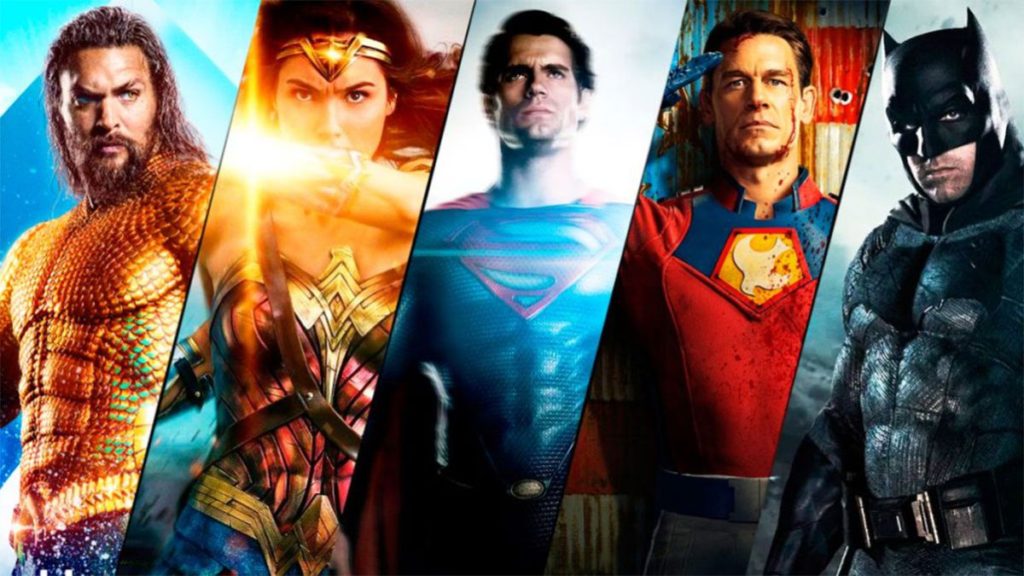
Despite nominally being Warner’s clear counterpart to Disney’s Marvel, DC hasn’t found stellar traction as a modern franchise. Warner’s “DC Extended Universe” of interconnected films spent a decade trying to find a footing, but continuous relaunches, re-castings, resets, retcons, Director’s Cuts, and delays have made the troubles all the more obvious. Several significant “flops” (including The Flash, Aquaman and the Lost Kingdom, and the would-be blockbuster crossover Justice League) have clearly shaken Warner Bros.’ faith in what should be an anchoring IP.
Unfortunately, attempts to sidestep the single continuity of the “DCEU” in solo one-offs and CW series have only muddied the waters more, with – for example – three separate Jokers, three Batmen, two Supermen, and two Flashes actively used at any given time.
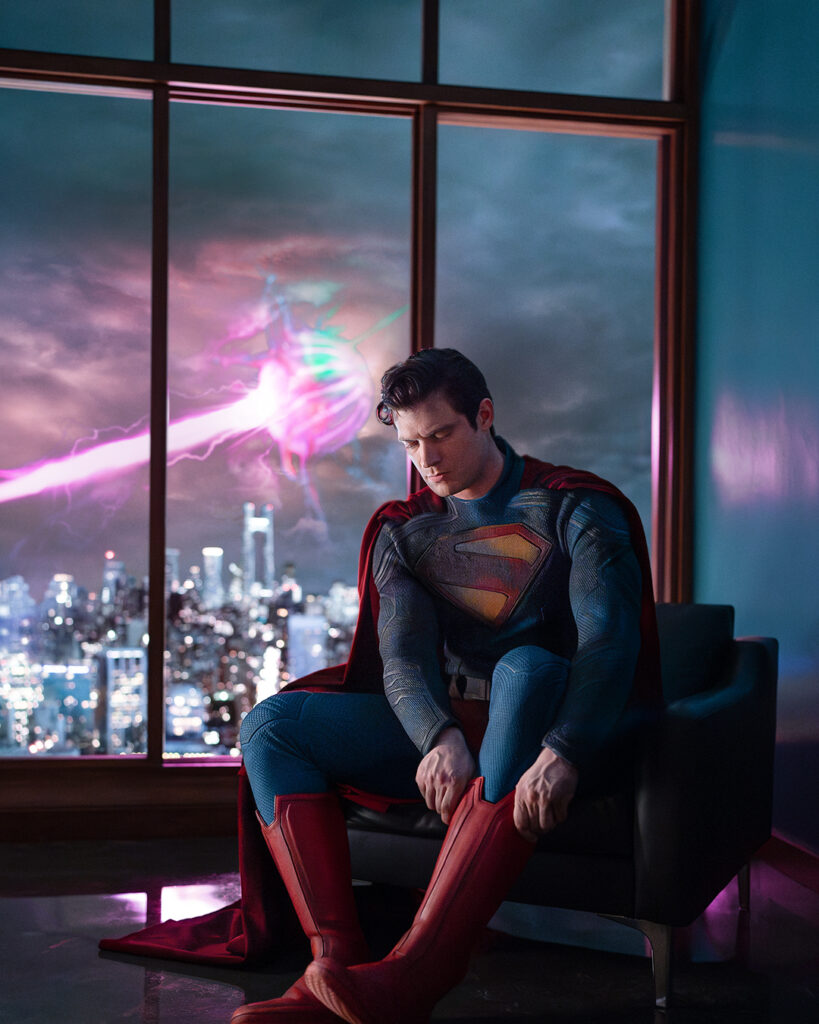
There may be hope on the horizon, as Warner Bros. has officially found a new head of DC Studios in James Gunn (director of Marvel’s Guardians of the Galaxy trilogy, which essentially reset the tone and tempo of the MCU to its popular, pop music ethos). Gunn’s hard reset to the franchise begins on the big screen in Summer 2025 with a new Superman (above) from which a new “DCU” is meant to flourish.
Entertainment insiders have to wonder if it’s too little too late given that DC has a somewhat bitter taste about it… not to mention that even Disney’s once-infallible MCU has taken a full calendar year off after a series of embarrassing underperformers. It could well be that – 15 years after Iron Man reset the genre – “superhero fatigue” really has arrived, meaning even DC’s “Take 2” on a cinematic universe could fall flat.
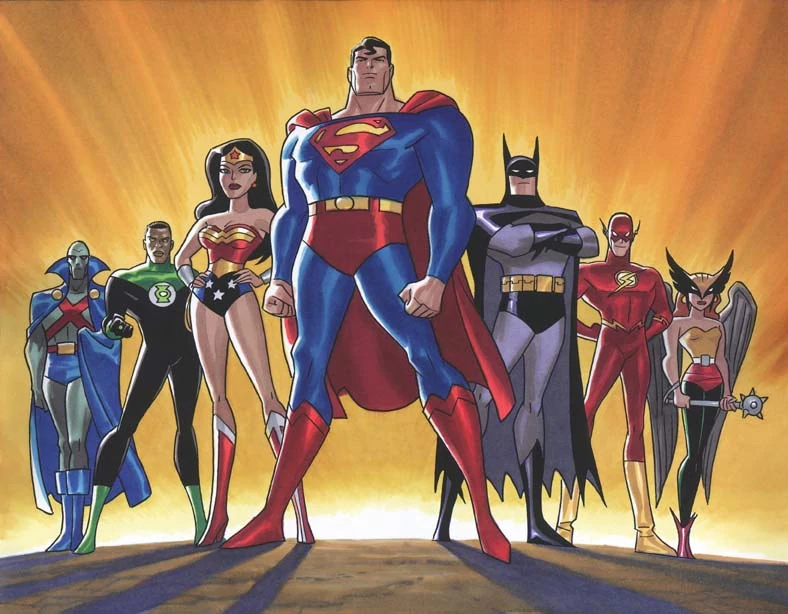
To that end, while Marvel has clearly found the “definitive” version of its heroes in the MCU, arguably the truest embodiment of DC’s heroes might still be the incredible, highly-stylized cartoons of the ’90s like Batman: The Animated Series, Teen Titans, Superman: The Animated Series, and Justice League, all of which gave these characters definitive form, voice, and personality. While big budget, gritty, realistic “DCEU” films are clearly Warner’s preference, they seem to concede that those versions of the characters just aren’t sticking.
So rather than pin DC’s presence to whatever Gunn’s DCU is expected to bring, we’d suggest going a little more timeless and anchoring DC’s Max World presence in the animated varieties. In other words, it would be wonderful to see the DC Universe and the Looney Tunes given definitive form in our “HBO World.” Both of these timeless properties really do deserve blockbuster treatment, and while Warner Bros. World Abu Dhabi is a step in the right direction, ingratiating these brands to the extent of Marvel and Mickey will take a really powerful presence and an iconic form.
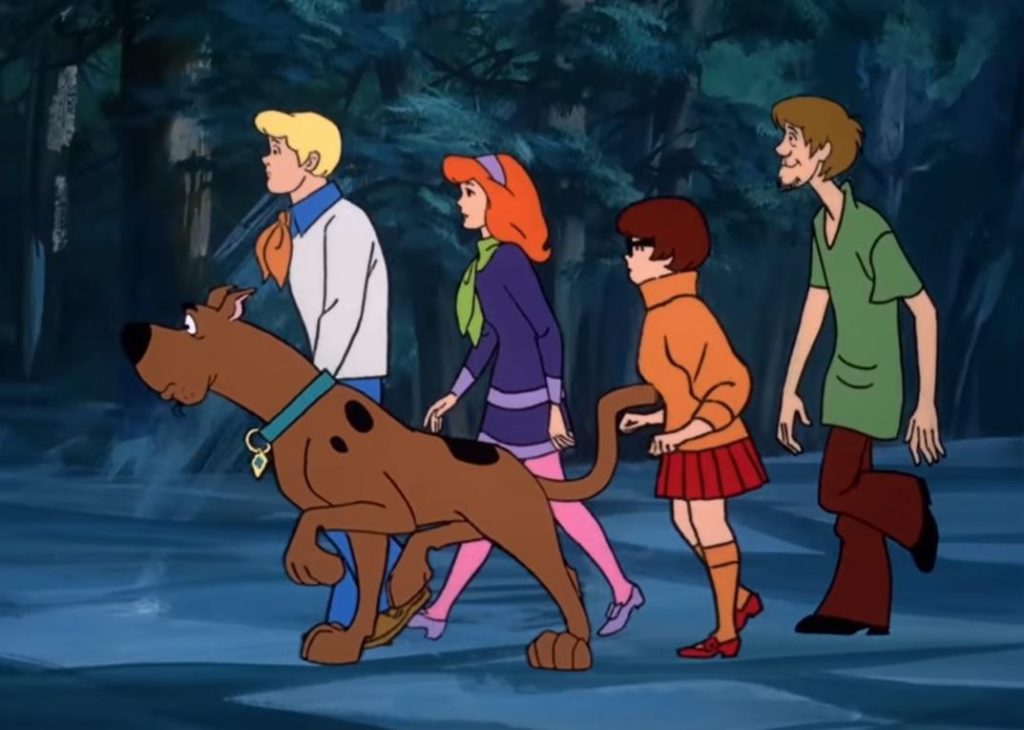
As it happens, in 1991, Turner Broadcasting purchased legendary American animation studio Hanna-Babera (creators of the defining pop culture characters of the ’60s and ’70s like The Flintstones, The Jetsons, Yogi Bear, Huckleberry Hound, Jonny Quest, The Smurfs, Wacky Races, and of course, SCOOBY-DOO.) Turner then merged with Time Warner, which – one two skip a few – leads to Warner Bros. Discovery inheriting the catalogue. While all have retro-cool quality today, it’s Scooby-Doo that’s emerged as an evergreen IP, first with a pop culture return in the ’90s, then a wave of home releases, a live action reboot, and – most recently – 2020’s Scoob! from Warner Animation Group, which also paid homage to other Hanna-Barbera properties.
Fifty years after Mystery Inc. first hit American televisions, Scooby-Doo has yet to have a full-blown land at a theme park. Sure, separate licensing from Sally Dark Rides has seen Scooby-Doo interactive blaster attractions across Six Flags and the former Paramount Parks, and Warner Bros. World Abu Dhabi includes a trackless Scooby dark ride… but bringing the world of retro Coolsville or Spooky Island theme park just feels like such an obvious choice for a “Living Land,” and HBO Max World could be the place to do it!
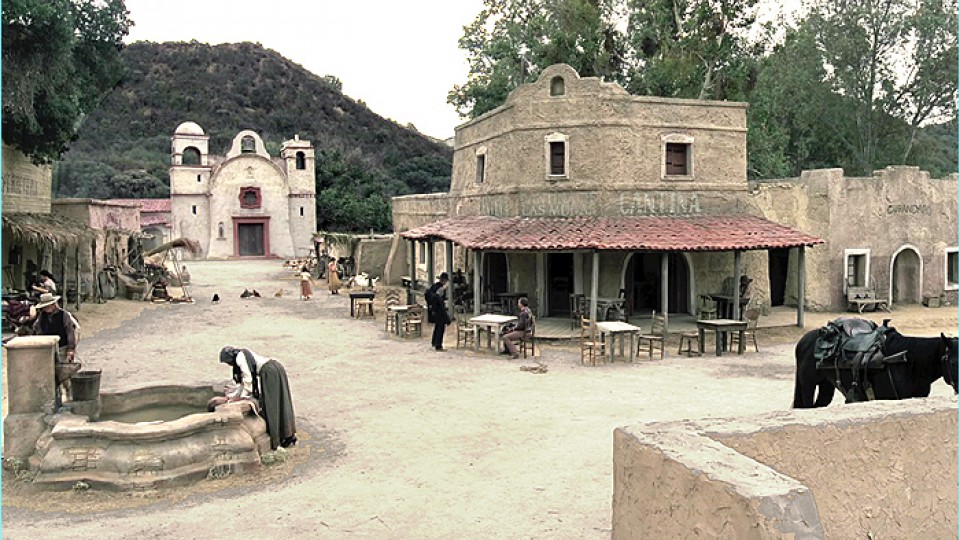
WESTWORLD is a perfect match for an HBO World because it’s already a theme park. In fact, Westworld is an adaptation of a movie by Michael Crichton – author of Jurassic Park – and likewise dabbles in the dark side of technology as embodied by a theme park for the ultra-rich. In this case, it’s a hyper-immersive “living” Old West park. In Westworld, 1%-ers can become heroes or villains by befriending, sleeping with, and even killing lifelike android “hosts” who are programmed as characters in the fictional world… all without consequence.
Of course, when the “hosts” begin to develop a consciousness and to resent their torment, they begin to fight back… Both the “Old West” park and the dystopian, industrial backside of Westworld where its “hosts” are repaired and reprogrammed would make for pretty theme-park-able locales… But of course, in this Westworld, neither the guests nor the “hosts” would be quite so expendable.

Notably, Max found a next prestige drama series from an unexpected source: a Playstation 3 video game. The 2013 game spurred the creation of a 2023 Max Original, THE LAST OF US, starring Pedro Pascal and Bella Ramsey as an uneasily-allied quasi-father-daughter duo making their way across a post-apocalyptic landscape populated by mushroom-riddled “Infected” humans overtaken by a climate-change-adapted Cordyceps fungi.
Though viewers might’ve “come for the zombies,” they stayed for the journey, following Joel and Ellie through a heart-wrenching drama that just so happens to be set among a backdrop of a wasteland world punctuated by Quarantine Zones – which are dealing with their own problems, frankly.
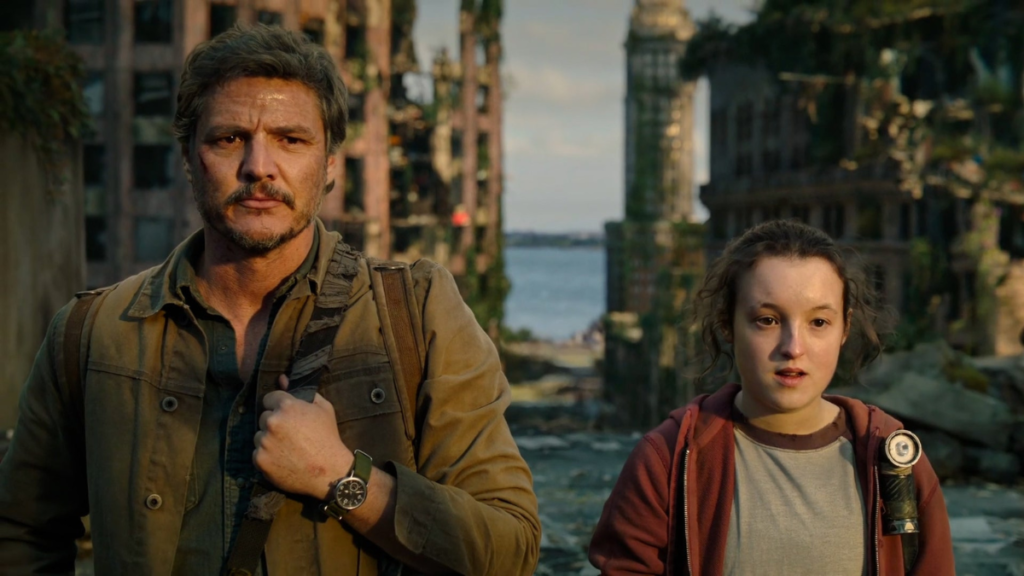
About the only problem with The Last of Us is that it comes with a ticking timer. The first season adapts the entirety of the 2013 game, and an upcoming second season is set to adapt the entire 2020 sequel game, The Last of Us Part II. And since the show runners have already said that they don’t intend to continue the show beyond adaptations of the games, that may mean that this series will lack the continuous “franchise” that a permanent theme park presence may need. Of course, if the characters and the world of Max’s The Last of Us make enough of an impression and “go out on top,” it could cement the property as a timeless, recognizable brand even once its streaming adaptation ends.
In any case, the show’s universal critical acclaim is testament that even post-HBO, Max has still “got it” when it comes to lavish world-building. Which is good news after…
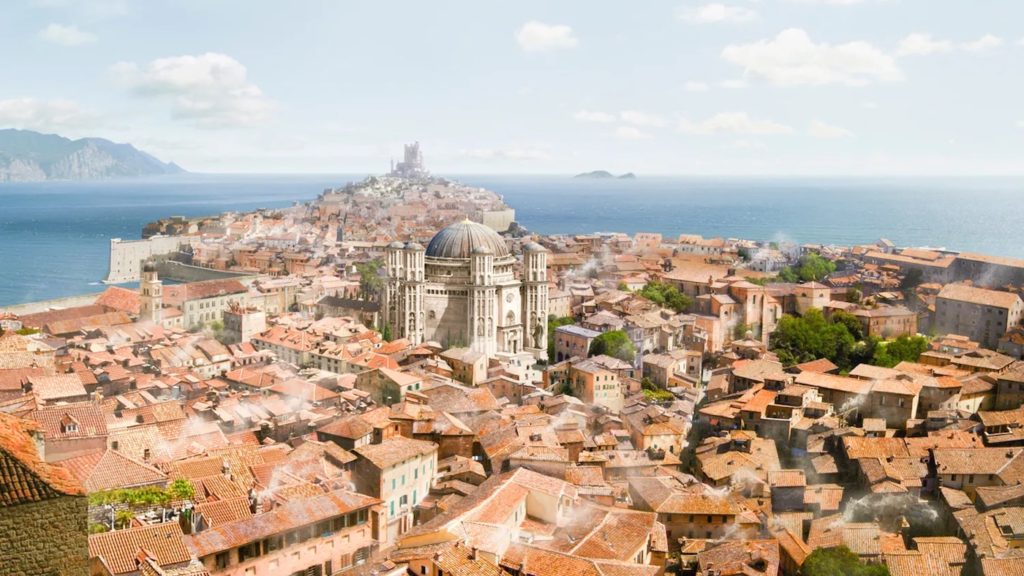
There’s no doubt that the anchor of an HBO World would be none other than GAME OF THRONES. A generation-defining series, Games of Thrones depicts a fantasy realm of ice and fire; the continents of Westeros and Essos, where centuries of battle over the Iron Throne have resulted in powerful families – the Lannisters, Starks, Baratheons, and Targarygens – whose stories begin to overlap.
The world of Game of Thrones is vast, rivaling Tolkein or Lewis. It’s also incredibly visual, with visceral, “real” places like King’s Landing, Winterfell, Braavos, Old Town, The Wall… In fact, the problem with adapting Games of Thrones to a theme park is probably the same reason no one’s tried to adapt Lord of the Rings yet… it’s simply too big. If anything, an entire park could be dedicated to Game of Thrones, with its fabled locales set around a shared lagoon, Islands of Adventure style…
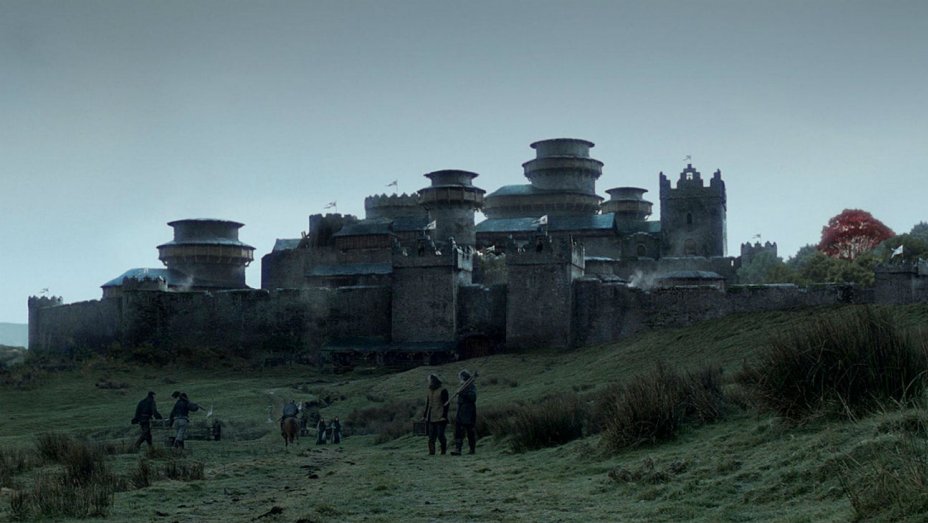
Of course, all of that also depends on what happens next. After all, Game of Thrones was a global phenomenon… but reception to its final season in 2019 and its concluding episodes are abysmal, with reviewers noting that the show “betrayed” its fans, even deeming the final a “failure of imagination” and “a tragedy and an injustice.” After working the public into a lather for a decade and becoming the must-see, appointment viewing by its end, Game of Thrones kind of flickered out, leaving precious few footprints in pop culture aside from memories of its flubbed ending.
That leaves a whole lot riding on 2022’s House of the Dragon – a new series set in the Game of Thrones world, but 200 years before the events of the original show. Adapting portions of George R. R. Martin’s Fire & Blood novel, the show follows the rise and reign of Princess Rhaenyra Targaryan – a great ancestor of Daenerys from Game of Thrones.
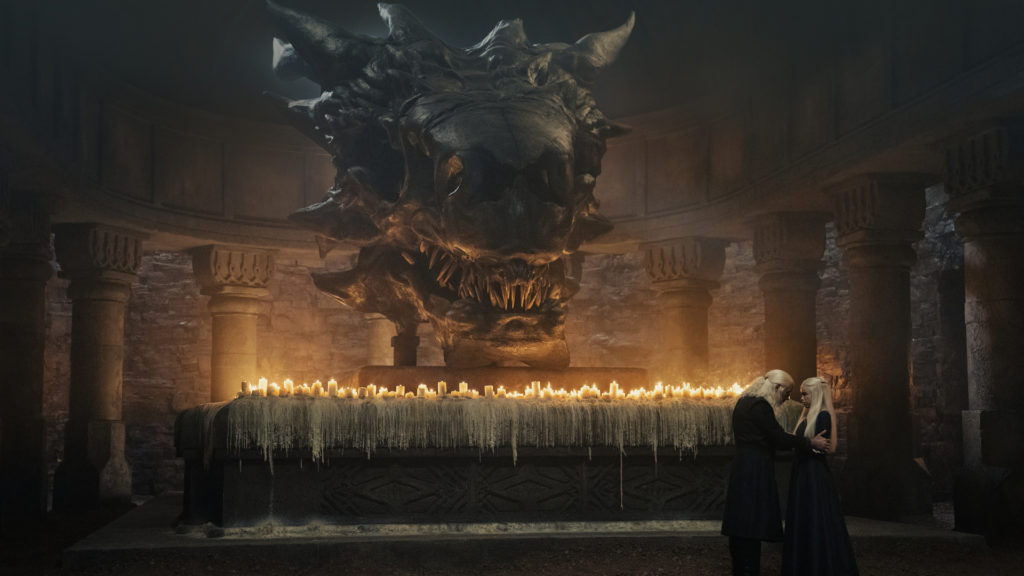
House of the Dragon has been very well received during its first season, and the question of whether or not Game of Thrones remains a viable property seems to have been answered in the affirmative. The question is, will Warner Bros. Discovery want to continue expanding the world of this expensive-to-produce franchise, even as a flagship? Or will fear of another fan reprisal and high production costs temper their interest in keeping Thrones afloat?
